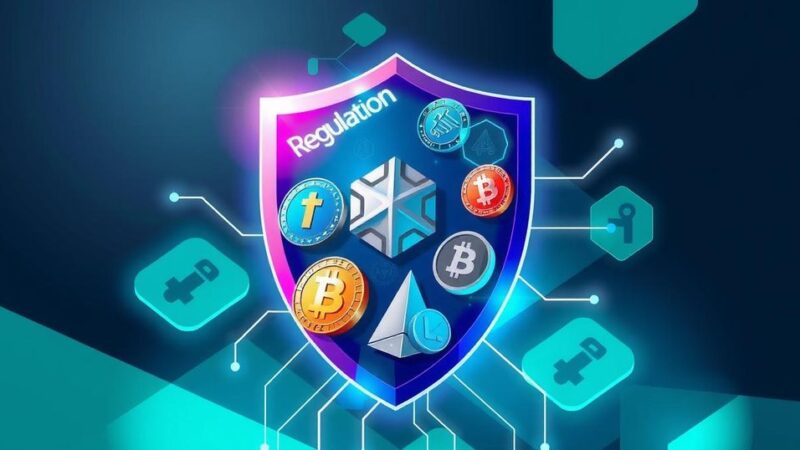Ghana’s economic management is facing severe scrutiny with over GH¢57 billion in arrears. The upcoming IMF review in April 2024 will assess the government’s fiscal discipline amidst challenges such as high public debt and energy shortfalls. The administration must implement reforms to address these issues to maintain international support.
Ghana’s economic management is currently facing significant scrutiny as the government struggles to meet its fiscal objectives. The revelation of over GH¢57 billion in arrears is particularly concerning, as it threatens to destabilize Ghana’s relationship with the International Monetary Fund (IMF). The impending IMF review scheduled for April 2024 is considered a pivotal moment for the government’s capability to effectively manage the economy and secure international backing.
Ghana’s economic program is precariously positioned, grappling with major issues such as a burgeoning public debt, rising energy sector deficits, and challenges in maintaining fiscal discipline. The current public debt stands at GH¢726.7 billion, comprising 61.8% of the country’s Gross Domestic Product (GDP). Furthermore, arrears total GH¢67.5 billion, which notably includes GH¢21 billion owed to road contractors. There are also significant energy sector shortfalls projected at GH¢20.8 billion for 2024 and anticipated deficits of GH¢35 billion for 2025.
To mitigate these challenges, the government is contemplating several strategies that encompass tax reforms, enhanced debt management, and improved fiscal discipline. The efficacy of these proposed measures hinges on the government’s ability to implement them effectively. The forthcoming IMF review is crucial; the government must exhibit its commitment to fiscal responsibility and economic reform to avoid the possibility of having the IMF program canceled, which could have dire ramifications for the economy.
Immediate actions are required from the government to tackle its economic hurdles. Key focus areas include: enhancing fiscal discipline through reduced government spending and the establishment of efficient procurement systems; managing public debt by creating fiscal buffers and optimizing repayment schedules; and addressing energy sector shortfalls through necessary reforms aimed at minimizing deficits.
Ghana’s economic future is uncertain and heavily dependent on the government’s response to these pressing challenges. The administration must demonstrate its determination to pursue economic reform and uphold fiscal discipline to navigate this critical juncture effectively.
In conclusion, Ghana faces considerable economic challenges that demand immediate and effective government action. With a staggering public debt and significant energy sector deficits, the upcoming IMF review in April will be instrumental in determining the country’s financial trajectory. It is essential for the government to implement proposed reforms successfully to reinforce fiscal discipline and secure ongoing international support.
Original Source: 3news.com






